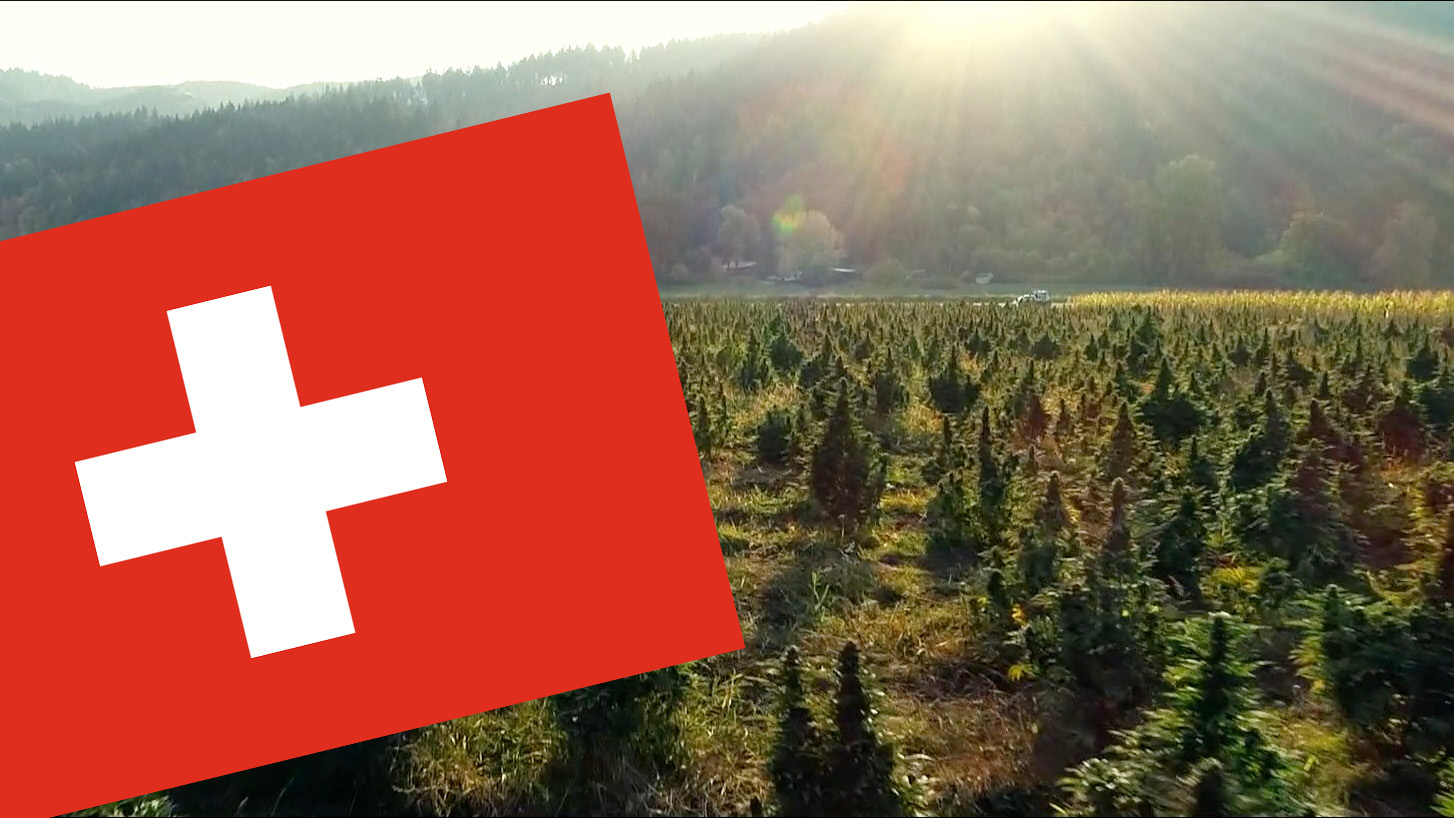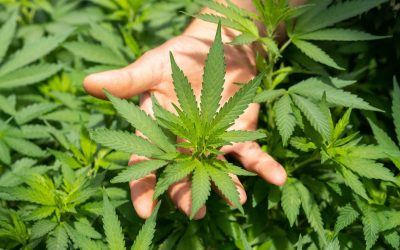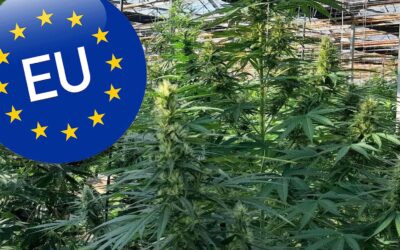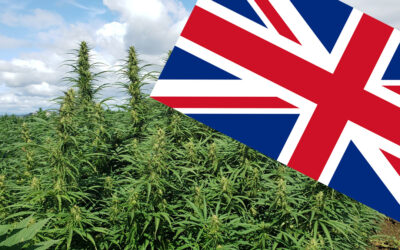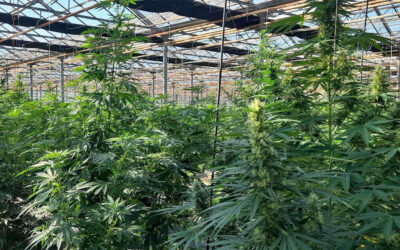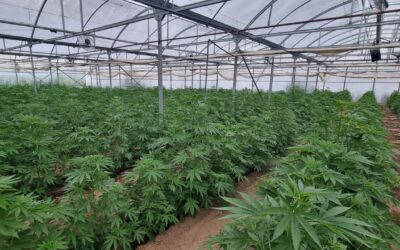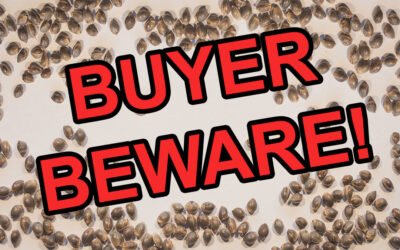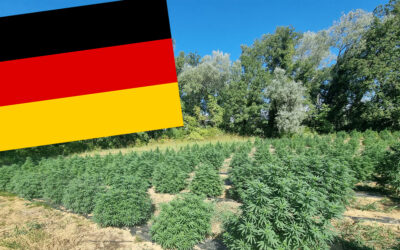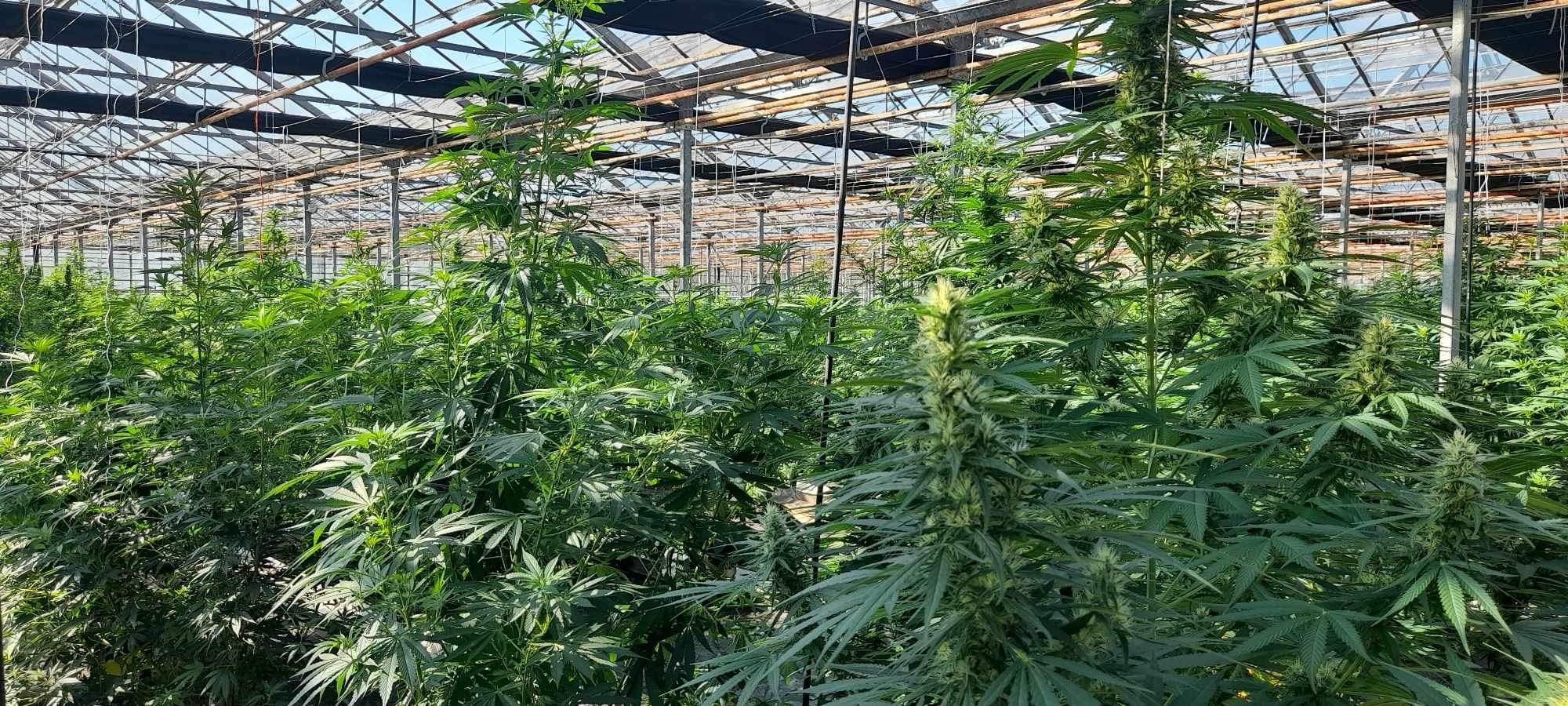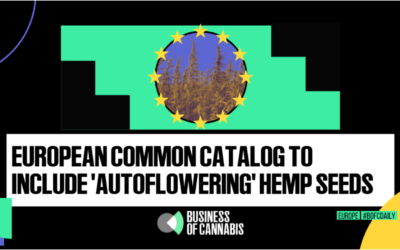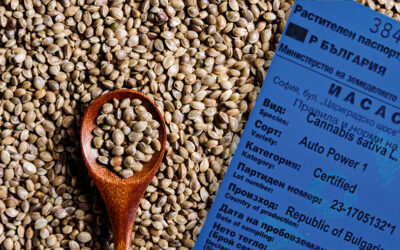Switzerland has a long history of hemp cultivation, dating back centuries. In recent years, the legal landscape surrounding hemp has evolved, opening up new opportunities for farmers. Here are the key regulations you need to be aware of:
- Regulatory Compliance
- In Switzerland, hemp cultivation is legal, provided the variety cultivated contains less than 1% THC (the psychoactive compound found in marijuana).
- In the past, Farmers had to obtain a license from the Swiss Federal Office for Agriculture (FOAG) to grow hemp. However the regulation has now changed and this is no longer necessary with notification at the Canton level for farms, hemp can be recorded on the production area form under code 535. The area is recorded by the canton as part of the data collection from farms.
- Although it is no longer necessary to plant varieties that were approved for cultivation in the catalogue of registered varieties, EU approved strains are still preferable for the extensive testing and certification of quality that the varieties are put through in order to ensure high quality crops.
- THC Testing
- Regular THC testing is mandatory for hemp farmers in Switzerland. Farmers must ensure that their crops remain below the legal threshold of 1% THC throughout the growing season.
- Record-Keeping and Reporting
- Hemp farmers should maintain detailed records of their cultivation activities, including planting dates, crop inputs, harvest yields, and THC test results.
- Regular reporting to local authorities is recommended, with farmers suggested to provide updates on their cultivation activities and compliance with regulatory requirements.
References
https://www.blw.admin.ch/blw/en/home/nachhaltige-produktion/pflanzliche-produktion/hanf.html
https://www.fedlex.admin.ch/eli/cc/2001/422/en
If you have any questions about growing hemp, please contact us.

